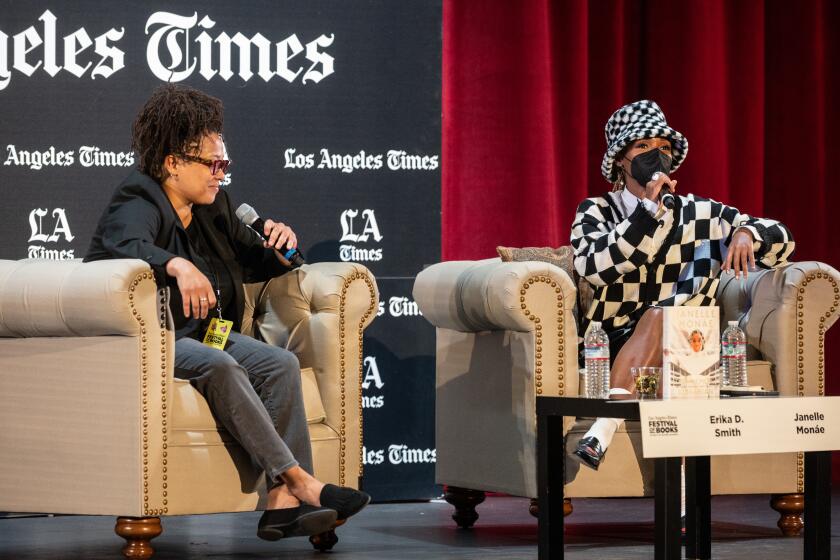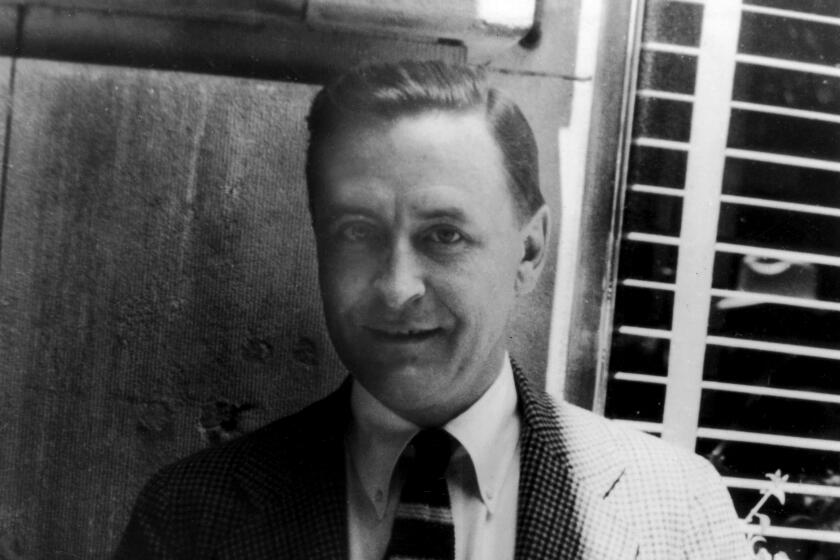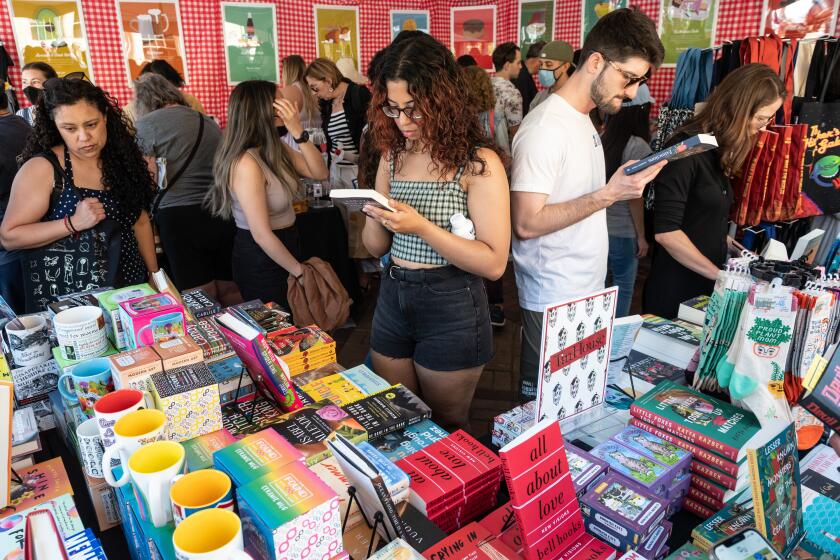Three essayists mine California’s multitudes of stories at the Times Festival of Books
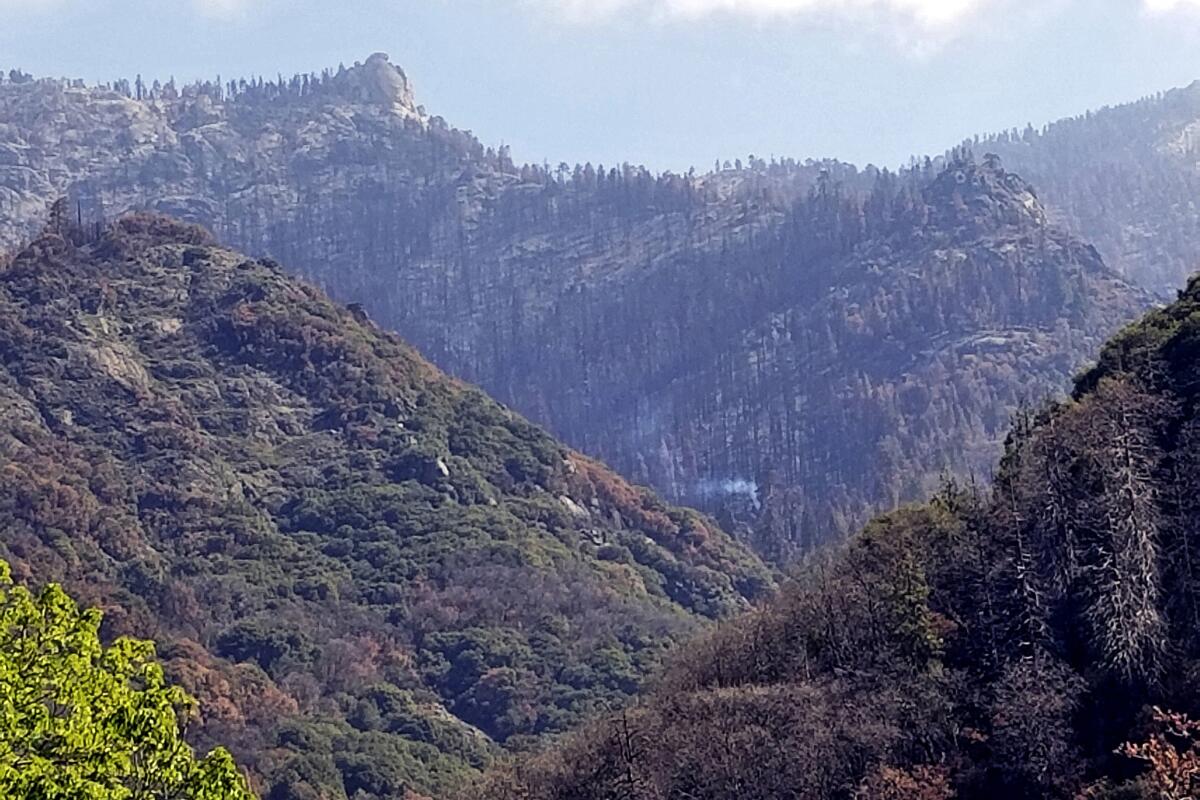
- Share via
“Searing honesty and a little bit of edge.” That’s how USC historian William F. Deverell described the authors who assembled for “Writing California,” the panel Deverell moderated on Saturday for the L.A. Times Festival of Books — namely Matthew Specktor, Ken Layne and Greg Sarris. But it could just as easily apply to what the state — with its complex history, culture and geography, its (broken) dreams and (burned) redwoods and (ravaged) Indigenous populations — has given the writers.
Deverell asked the panelists how California’s diverse traditions figured in their books. What they emerged with was the essence of all writing — stories.
For “Always Crashing in the Same Car,” a study of success and failure among the authors and mythmakers of Hollywood, Specktor began with more than 20 Californians whose stories fascinated him, intending to write about each of them. “But it winnowed itself,” he said, so that the individuals who feature in his book “became a way of investigating a set of questions that were both pertinent to me at the time of writing but also hopefully that are pertinent to the American idea. I think Hollywood is such an incredible place where something that we really need — which is art — gets made, and something that we all struggle with —which is capitalism — prevails and in that tension there’s something that feels infinite.”
Layne described the characters whose presence he felt while writing “Desert Oracle,” an idiosyncratic essayistic guidebook to the American West with forays into the occult. Chief among those inspirations was the environmentalist author Edward Abbey, whose work he first encountered as an “impressionable” 17-year-old. Layne had been struggling to figure out what to do with himself, and here was a solution.
Panels, prizes and people — lots of them. Coverage of the L.A. Times’ first in-person Festival of Books since 2019 begins below.
“I just thought Abbey had a hell of a job,” Layne said. He laughed at his youthful notion, based on Abbey’s example, that as a writer “you don’t really work. You drive around, go on hikes. You talk to people and you learn stories. It’s got a moral component, and if you get a moral component in something you love doing … you look forward to doing your work.”
Sarris, a celebrated Native novelist, mined other California veins for his recent memoir, “Becoming Story: A Journey Among Seasons, Places, Trees, and Ancestors.” It wasn’t written culture that influenced him, but the stories in his people and his territory.
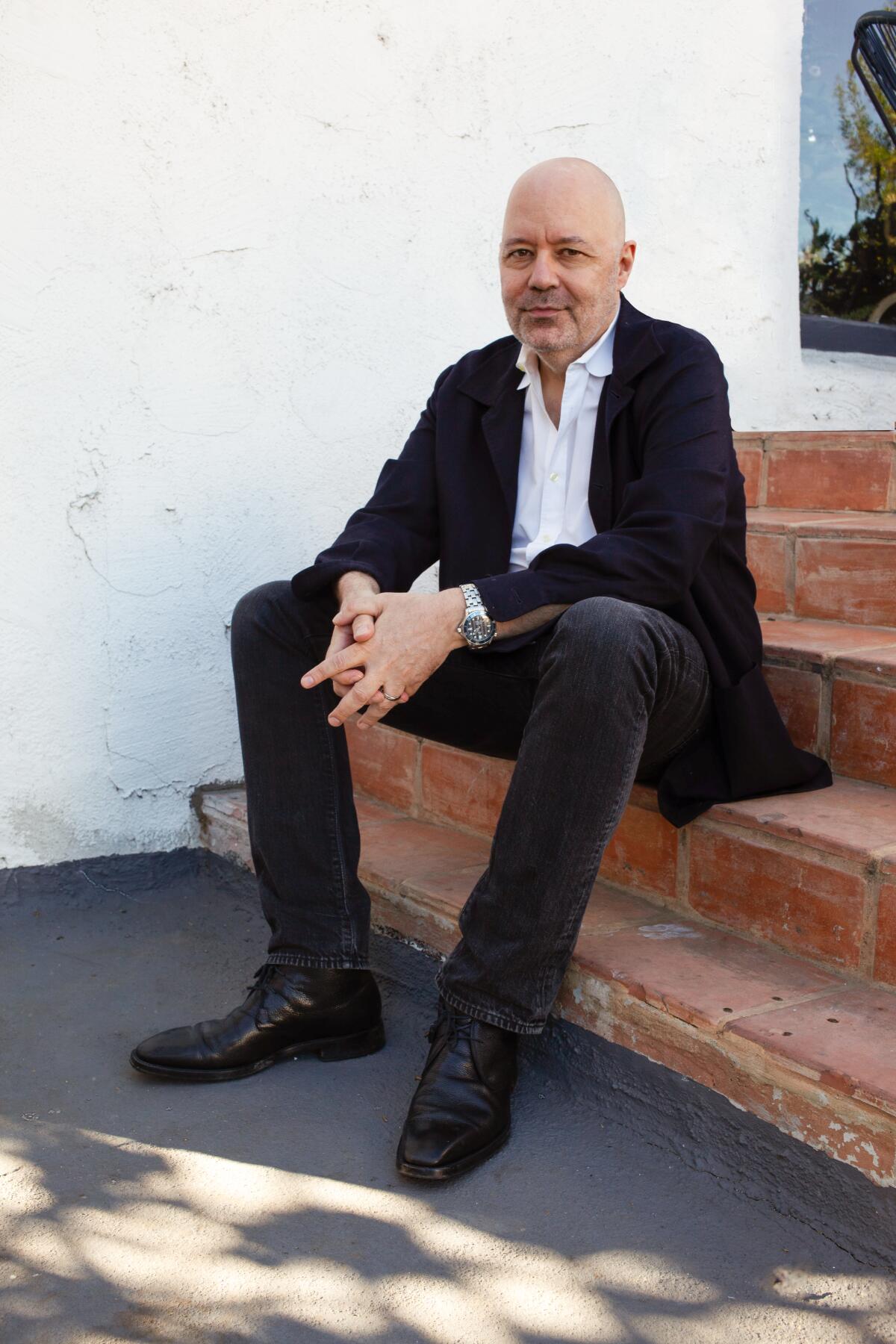
“More than anything else it’s my elders from the tribe and the trees and the land itself,” he said. “I can’t understand myself as an Indigenous person separate from the land. Our women made incredible baskets at home, and I think everything that goes into a basket is as old as the stars.”
Sarris challenged the notion that narratives are to be found primarily in urban cores, with natural places reserved for inspirational retreats. “Environmentalists go out to the redwoods or the desert for peace,” he said. “When I go into the redwoods, there’s so many stories that it’s worse than being on Wilshire Boulevard.”
Matthew Specktor’s “Always Crashing in the Same Car: On Art, Crisis, and Los Angeles, California,” probes the no-man’s land between success and failure.
Sarris admits to being puzzled by the attention celebrities get when nature matters so much more. He told the story behind one of his book’s essays, “If Oprah Were an Oak Tree.” Attempting to take a break from an exhausting day, he switched on the television and saw an episode of “Oprah.” “I was looking at the oak tree, and right now, we’re dealing with ‘sudden oak death,’ and it’s been a staple food for us and they’re dying. I thought if Oprah were an oak tree, movie stars would be drawn to them, and all the advertising would educate people about the tree and taking care of it.”
Both Layne and Specktor recalled past Californians whose stories shed light on the state’s peculiarities. Specktor said he is haunted by Carole Eastman, the screenwriter for “Five Easy Pieces.” He sees echoes of Eastman’s life in that of his mother. “I’m interested in the way the film industry could curtail a person’s creative output” — but perhaps even more in how those who were so curtailed could form a satisfying identity around their limited lives.
For Layne, it was George Van Tassel, originally a quality control engineer for the reclusive magnate Howard Hughes. Van Tassel became a magnet around which a community of counterculture celebrities and UFO enthusiasts gathered. “Eventually, he built a magic building” — famous domed Integratron in Landers., Calif. — “so people could live forever.”
In the way of California stories, it didn’t quite work out that way, said Layne: “In a perfect circle of how we do things, you can now go in the Integratron and pay money to have a sound bath, but you still can’t live forever.”
Thousands of Angelenos descended upon the USC campus over the weekend for the 2022 L.A. Times Festival of Books. Here’s what they said about being back.
More to Read
Sign up for our Book Club newsletter
Get the latest news, events and more from the Los Angeles Times Book Club, and help us get L.A. reading and talking.
You may occasionally receive promotional content from the Los Angeles Times.
